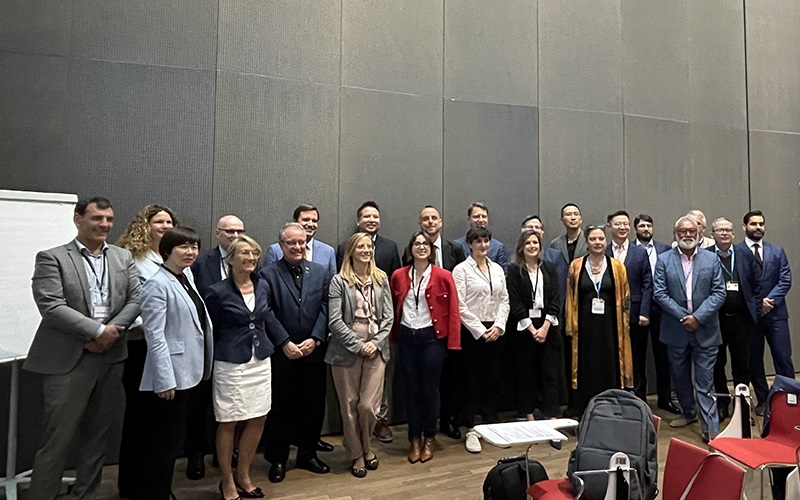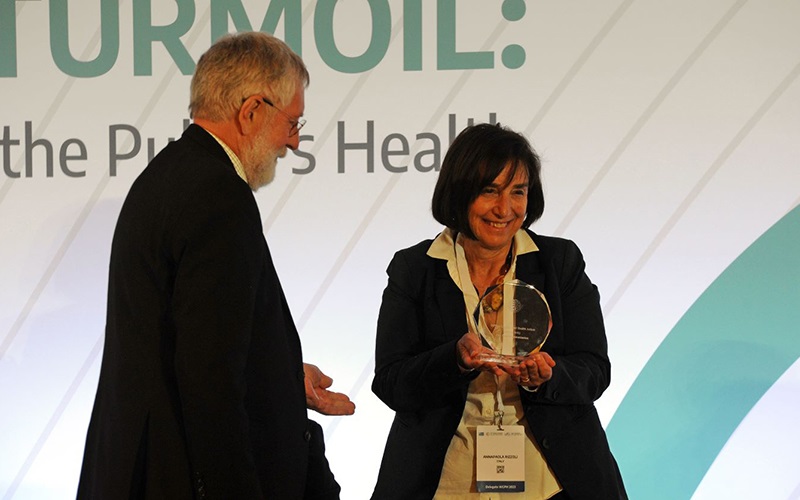
High-Level Symposium on Health Policy & Personalized Medicine for Cancer: Projecting Europe-China Collaboration in the Global Arena – A Report

High-Level Symposium on Health Policy & Personalized Medicine for Cancer: Projecting Europe-China Collaboration in the Global Arena – A Report
News
Jul 3, 2023
Integrating China in the International Consortium for Personalized Medicine (IC2PerMed) project aims to foster collaboration between the European Union (EU) and China in the field of personalized medicine research, innovations, and policies. IC2PerMed, a Coordination and Support Action under the Horizon 2020 funding program, seeks to offer policymakers key solutions for harmonizing the approach to personalized medicine globally.
The IC2PerMed project is reaching its final phase successfully, with a recent High-Level Symposium on personalized medicine focusing on presenting the project’s outcomes and discussing its implementation at national and international levels. The symposium emphasized the potential adoption of personalized medicine in cancer and beyond, with a particular emphasis on China and Europe.
The healthcare system faces challenges in providing accurate and timely care for cancer patients. Digital health and artificial intelligence can play a significant role in improving patient health. However, progress in personalized medicine has been limited, and only a small percentage of cancer patients receive individualized care. The lack of support and insufficient allocation of resources hinder the implementation of personalized medicine in the EU.
China has recognized the challenges it faces in healthcare and aims to comprehensively address long-term health issues. The country has launched major personalized medicine projects, focusing on disease prevention, treatment, and rehabilitation. Personalized medicine is a strategic priority under China’s 13th Five-Year Plan, with significant investment in technological innovation and scientific advancements.
Collaboration between local governments and public health systems is crucial for the introduction of personalized medicine, and it should be seen as part of prevention efforts and cost-saving measures. However, challenges such as data sharing, regulatory pathways, ethical considerations, and training need to be addressed. Increasing health insurance supply, fostering international cooperation, and supporting research funds and scientist exchange programs are important steps.
While progress has been made, challenges such as limited resources, regulatory issues, and disparities persist. The implementation of personalized medicine requires collaboration, adequate training, and a focus on affordability and equity.






Recent Comments